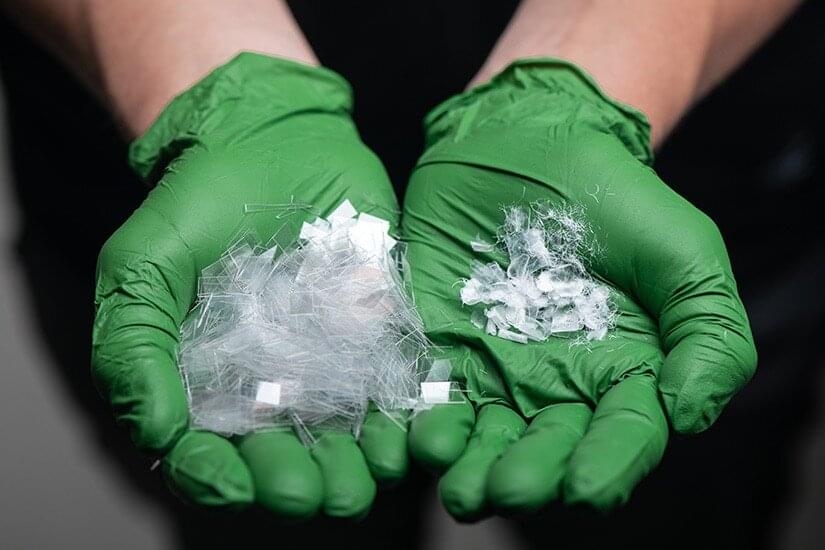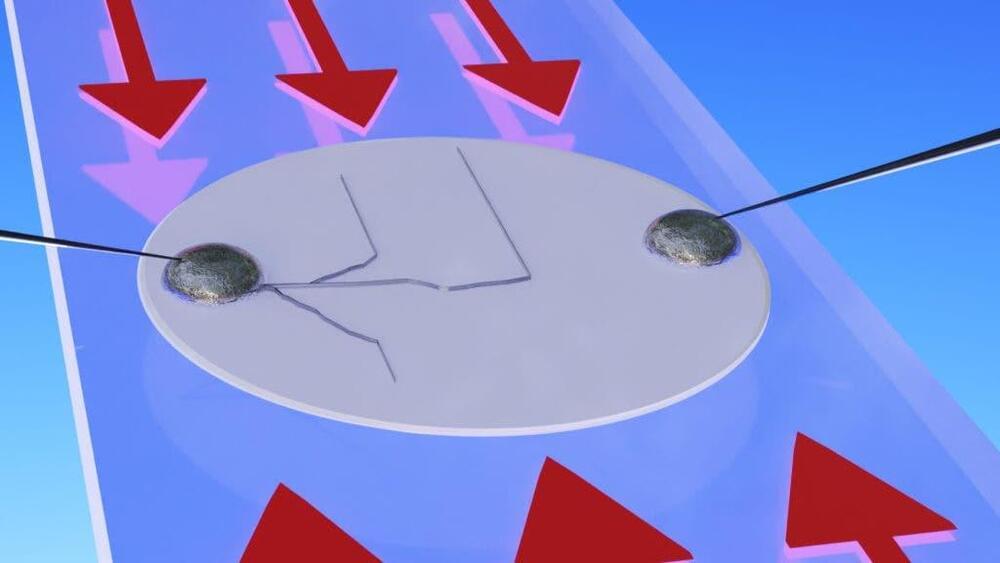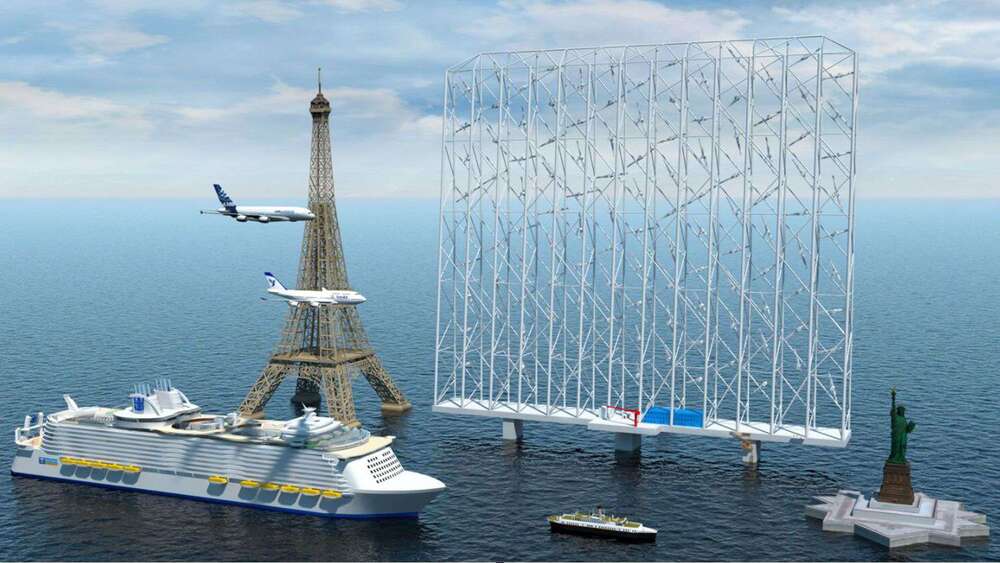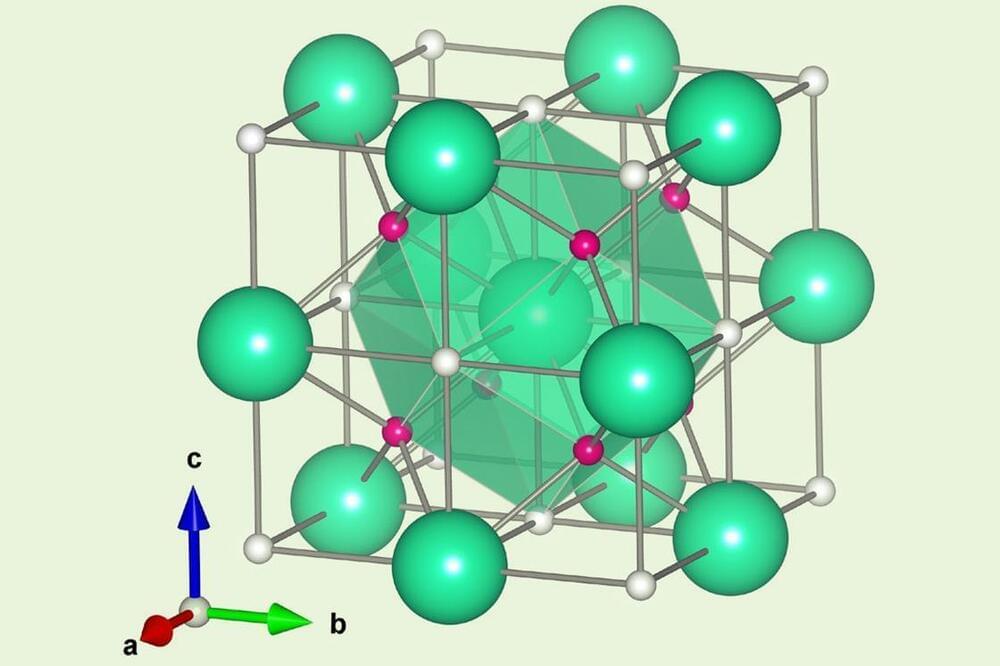What do a T-shirt, a rug, and a soda bottle have in common? Many are made from polyethylene terephthalate (PET), a ubiquitous plastic that revolutionized the materials industry after it was patented in the 1940s.
Created from petroleum refining, PET is a material known for its durability and versatility. It is easily molded into airtight containers, woven into durable carpets, or spun into polyester clothing.
“The reality is that most PET products—especially PET clothing and carpeting—are not recycled today using conventional recycling technologies,” explained Gregg Beckham, senior research fellow at the National Renewable Energy Laboratory (NREL) and CEO of the U.S. Department of Energy BOTTLE Consortium. “The research community is developing promising alternatives, including enzymes designed to depolymerize PET, but even these options have tended to lean on energy-intensive and costly preprocessing steps to be effective.”






